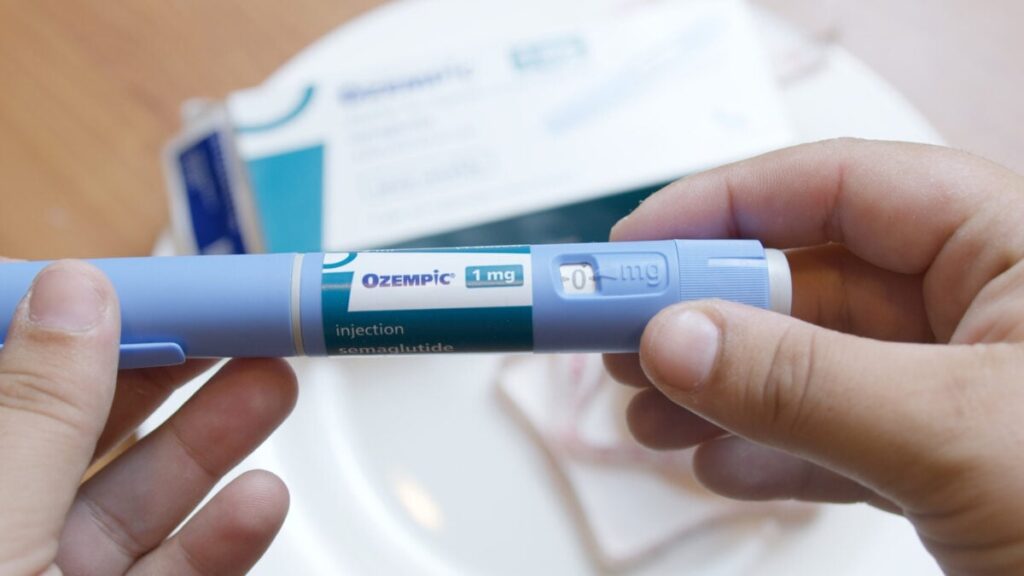
NEW YORK CITY – In a groundbreaking study, bariatric surgery has been shown to significantly outperform GLP-1 medications in real-world weight loss outcomes.
Breaking: New Study Reveals Weight Loss Superiority
Research conducted by scientists at New York University has demonstrated that individuals undergoing bariatric surgery lose considerably more weight than those taking the latest GLP-1 drugs for obesity. The study analyzed real-world data from patients, revealing that surgical patients lost five times more weight over two years compared to those on GLP-1 medications.
Immediate Impact
The findings suggest that GLP-1 drugs, while effective in clinical trials, may not deliver the same results in everyday settings. “When you see a new popular drug come out, you have to take it with a grain of salt,” said Dr. Karan Chhabra, senior study researcher and bariatric surgeon at NYU Grossman School of Medicine.
Key Details Emerge
Bariatric surgery, including procedures like sleeve gastrectomy and gastric bypass, has long been the gold standard for obesity treatment. Patients typically lose between 20% and 30% of their baseline weight, with lasting health benefits.
In contrast, newer GLP-1 drugs like semaglutide, the active ingredient in Ozempic and Wegovy, have shifted the landscape of obesity medicine. These drugs have shown promise in clinical trials, with average weight loss ranging from 10% to 20%.
By the Numbers
Surgical patients: Lost 58 pounds on average (24% of total weight) over two years.
GLP-1 patients: Lost 12 pounds on average (4.7% of total weight), with some achieving 7% to 9% weight loss.
Industry Response
Chhabra noted the lack of a rigorous head-to-head comparison between surgery and GLP-1 drugs in real-world scenarios. The study examined over 50,000 patients’ records, adjusting for variables like age, BMI, and health conditions to ensure comparability.
What Comes Next
The team plans to delve deeper into data to understand why GLP-1 therapy underperforms outside of clinical trials. Factors such as high discontinuation rates, side effects, and cost barriers may contribute to the disparity in results.
Background Context
The rise of telemedicine has facilitated access to GLP-1 prescriptions, sometimes at the expense of comprehensive patient care. Many patients may not receive the follow-up support typical in clinical trials, impacting the effectiveness of the treatment.
Expert Analysis
Dr. Chhabra emphasized that while GLP-1 drugs are not being dismissed, patients should be aware of their limitations. “At least as of now in the real world, their weight loss is not going to be what we’re seeing with surgery,” he stated, highlighting the importance of managing expectations.
Regional Implications
The study’s findings, presented at the American Society for Metabolic and Bariatric Surgery’s annual meeting, underscore the need for personalized treatment plans. Patients must weigh the pros and cons of each option, considering factors such as cost, invasiveness, and long-term commitment.
Timeline of Events
2018-2024: Study period for patient data collection.
2023: Findings presented at ASMBS annual meeting.
The research highlights the complex landscape of obesity treatment, urging a balanced approach in choosing between surgical and pharmaceutical options. As the medical community continues to explore these treatments, patients are encouraged to make informed decisions based on comprehensive information and expert guidance.






